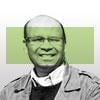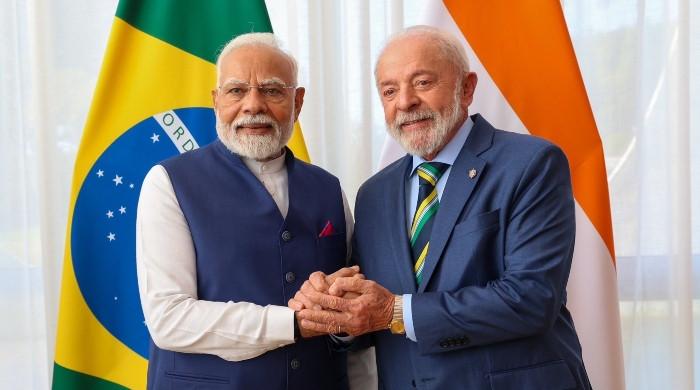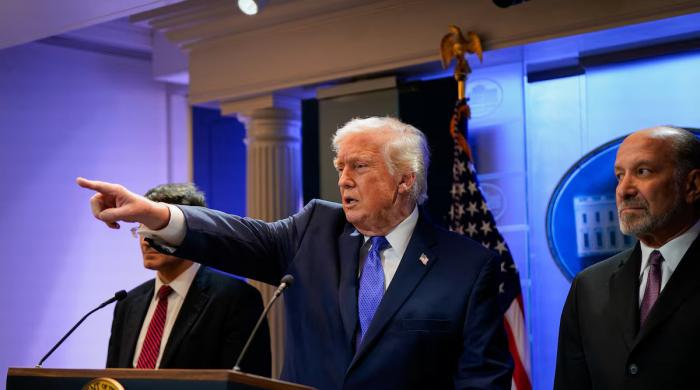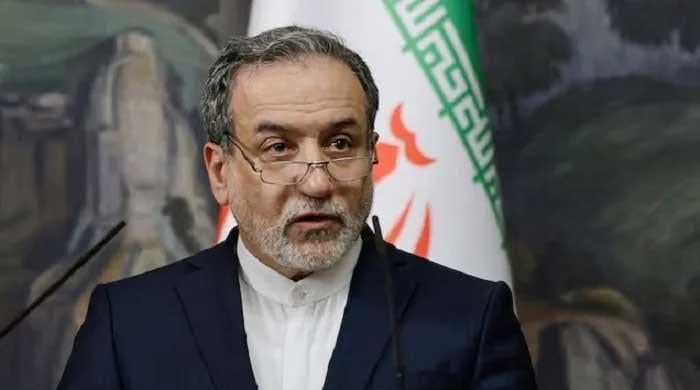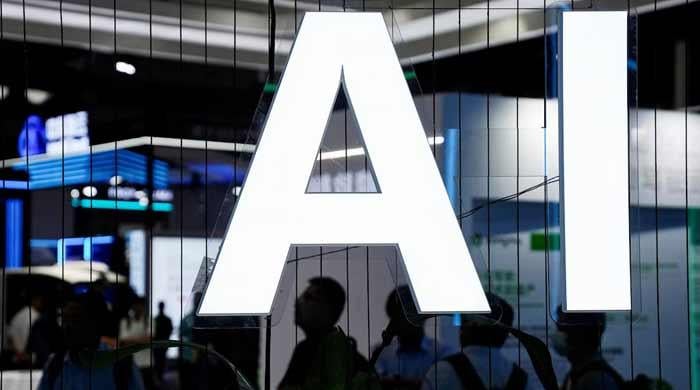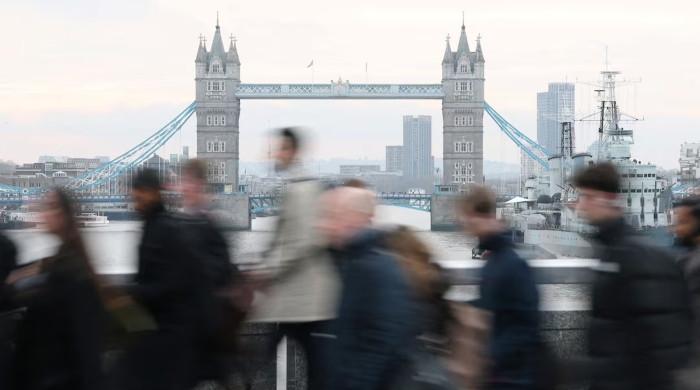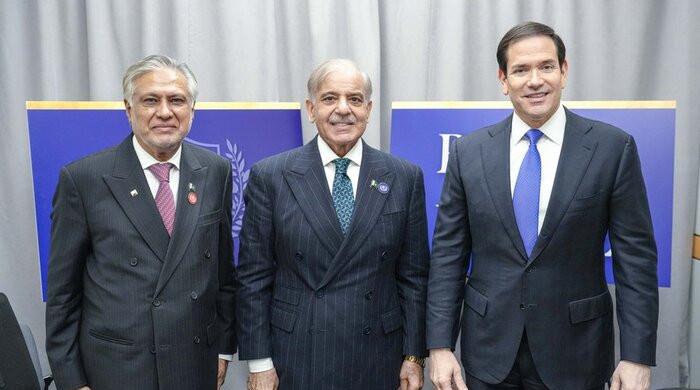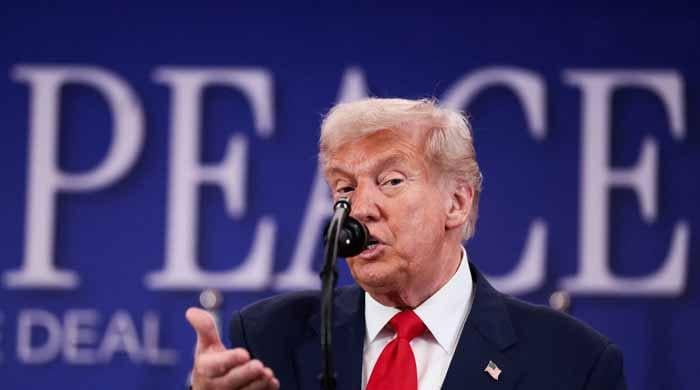Sadiq Khan—A loved mayor finds himself in a dilemma
Khan masterfully infused in the mourners a collective sense of nationalism and pride at a time of grief
March 25, 2017
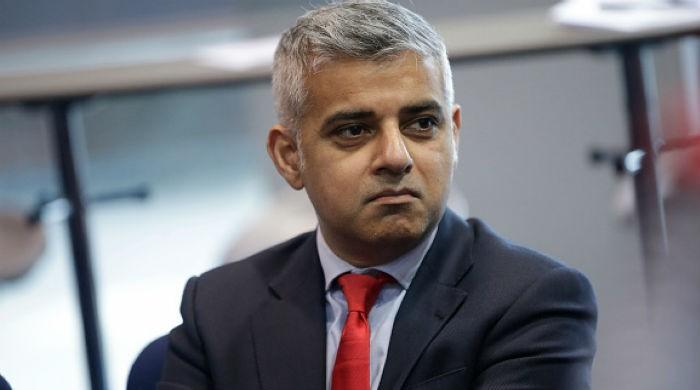
BRUSSELS: The mayor of London might have won the hearts of Londoners with his composed demeanour and crisis-handling after London attack—but he faces the same dilemma as other European states. Can increased police presence give a sense of safety to people? Can security forces defeat terrorists armed with kitchen knives and hired automobiles?
Addressing a gathering of thousands who assembled to express solidarity with victims, Sadiq Khan spoke of shared values, Londoner’s collective way of life and their unshakable resolve in diversity and unity against terrorists. Paying tribute to victims and their families, and praising the services of London police, he said, "Those evil and twisted individuals who try to destroy our shared way of life will never succeed.”
Khan masterfully infused in the mourners a collective sense of nationalism and pride at a time of grief. His choice of projecting London as the "greatest" and "safest" city of the world helped people turn their fear into pride. "When Londoners face adversity, we always pull together, we stand up for our values and we show the world that we are the greatest city in the world". He affirmed in one of his tweets that, "Londoners don't just tolerate difference, we respect and celebrate it. And in the face of adversity we pull together".
Right after the attack began vitriolic attacks against Muslims and Islam by racists and right-wingers, but failed to extract political benefit out of the gruesome attack that killed four and injured 50 people.
As reported in Washington Post, former Ku Klux Klan leader David Luke held "DIEversity" of Britain responsible for the killings. The neo-fascist Richard Spencer demanded a "Muslim ban all across America and Europe". Another jingoist Tommy Robinson, former leader and co-founder of the English Defence League, said in a speech outside the parliament that “these people are waging war on us...and while it's going on the political leaders want to invite more.” Robinson is a known rioter, an anti-Muslim and a xenophobe.
Donald Trump Junior directly attacked Sadiq Khan, saying that the mayor believed in terror attacks as "part and parcel" of life in big cities. Knowing that Sadiq had publicly clashed with Donald Trump on the issue of Islam, many parliamentarians and public figures rejected the claim by Donald Trump Junior as point scoring.
The Londoners might have wisely refused to buy the right-wing rhetoric but the aftermath of the attacks made it clear that terrorists and far-right fascists are benefitting each other in using physical and verbal violence as a tool to obtain power. Many major media outlets and public figures discussed the emerging pattern of Daesh terrorism as extremely helpful to far-right extremists in the West.
The widely successful strategy of Daesh to recruit people and carry out attacks in Western countries creates a perplexing dilemma for Europeans. It puts the host countries in a state of fear, which is cultivated and used by far right, and on the other hand, it throw Muslim immigrants into a fearful, defensive mode, which is used by terrorist networks to recruit and radicalise otherwise peaceful citizens.
The impact of attacks carried out by Al-Qaeda and Daesh has left a huge impact on the state and society in Europe. On 11 March 2004, Madrid bombings carried out by Al-Qaeda killed 191 people and injured 2050. The group struck again after a year in London, killing 56 and injuring 784.
The reach of Daesh’s ideology became clear when the group claimed responsibility for the attack in France on 7 January 2015 which killed 20. Various other attacks in European countries, including the Charlie Hebdo attack, were carried out by the terrorist group, significantly changing the political and social makeup of the continent and creating division among different communities.
The emotional, psychological, economic and political impact of these attacks are devastating for Europe. Brexit was first major indicator of a deep-seated insecurity and xenophobia, which put the entire EU project in question. Every attack results in a further curtailment of the rights and freedoms of the people. The far-right is gaining more and more validity and leaders like Geert Wilder of Netherlands and Marine Le Pain of France are becoming major figures in European politics. The presence of army and police in public places is also gradually increasing.
Sadiq Khan might be the most loved mayor of the "greatest" city of the world but he has also been unwittingly caught in the trap. While giving a televised speech to the aggrieved Londoners after the attack, he said the city should be ready for additional deployment of armed and unarmed police officers to keep the people and visitors safe.
